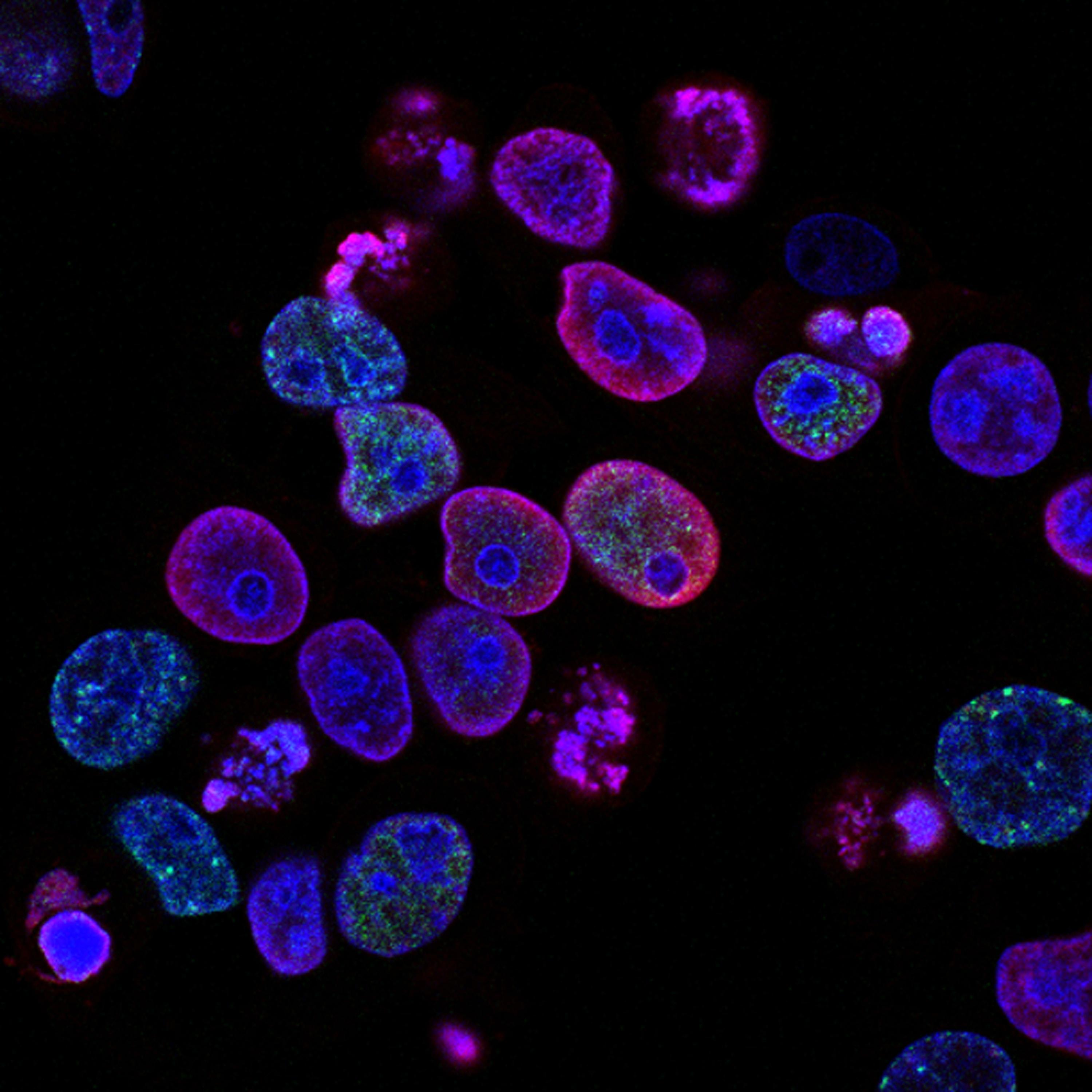

Isabelle Li
The King's AcademyClass of 2024Santa Clara, California
About
Projects
- The Role of Epithelial Cell Extrusion in Carcinoma: Mechanotransduction and Drug Treatment with mentor Janice (Sept. 20, 2022)
Isabelle's Symposium Presentation
Project Portfolio
The Role of Epithelial Cell Extrusion in Carcinoma: Mechanotransduction and Drug Treatment
Started May 3, 2022

Abstract or project description
Nearly 80 to 90% of all cancer cases are classified as carcinomas, malignancies of the epithelia. Epithelial tissue lines nearly all organs and tracts of the body, allowing carcinoma to affect extensive areas in the lungs and colon. Though carcinomas generally are slow to spread, they can become lethal if allowed to metastasize. For instance, the 5-year relative survival rate for colorectal carcinoma decreases significantly from 91% to 14% once it has metastasized to distant parts of the body. The metastatic process occurs through multiple mechanisms. Most carcinomas involve the detachment of cancer cells from a primary tumor. These cells then migrate via the bloodstream or lymphatic system to other parts of the body. However, some metastatic tumors may not disseminate from a primary site of origin, directly invading the surrounding tissue instead. Despite this, the understanding of carcinoma metastasis is not comprehensive and has evolved to include an alternative mechanism: epithelial cell extrusion. Cell extrusion is defined as the morphological process of cell expulsion involving active contribution from surrounding cells. In regards to the epithelium, extrusion plays a major role in preserving the epithelial barrier. Dysregulation of this extrusion process can often result in tumorigenesis and metastasis. However, the exact molecular signaling pathways and cellular responses remain to be elucidated. This review will explore the mechanical and biochemical mechanisms of cell extrusion and discuss their involvement in carcinoma. Several drugs are identified for repurposed carcinoma treatment, providing potential therapeutic applications for patients in the future.